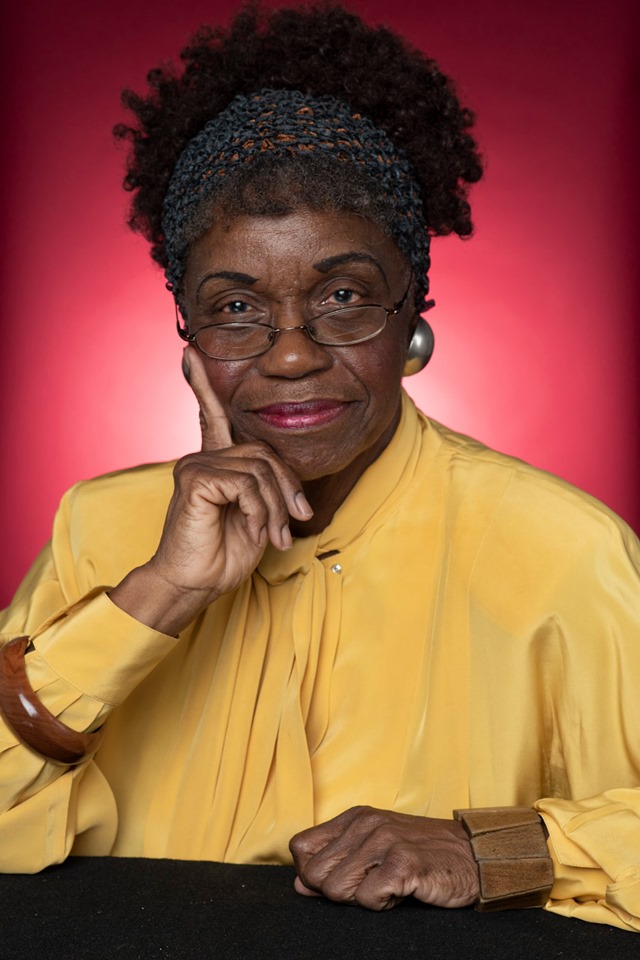By Norma Adams-Wade
Columnist
Right now, I’m weary of the current gloom and doom bombarding us from all media. So, as a respite, I’m taking some steps back in time. When this column debuted about 11 months ago, I told readers that occasionally I would recall slices of early Dallas Black history. Today is such a time. I was just thinking…and remembering a conversation I had more than 30 years ago with a man who was informing me about early Black-owned taxi companies in Dallas called “jitneys.”
Before Dallas Area Rapid Transit (DART), and in the early days of public streetcars that ran along electric-powered overhead rail lines, Black-owned “jitney” taxi cars served various Black neighborhoods in Dallas and flourished largely during the 1920s. Jitney taxis in Black neighborhoods were privately-owned big automobiles that individual Blacks owned and used to transport neighbors, friends, and community residents to their destinations without them having to depend on public streetcars.
Popular pick-up and drop-off points were “speakeasy” night clubs and bars in Black neighborhood entertainment areas. One well-used area in Dallas was the Thomas Avenue and Hall Street intersection, known as Thomas and Hall, in the State Street and Thomas Avenue community. The gentleman who kept me enthralled with his recollections of Dallas Black community jitney taxis was Ezell Randall who owned North Dallas Cab Co. when I interviewed him in the mid-1980s. Randall, already an established business-owner and senior citizen, related vivid memories of how he began with a factory job shortly after World War II in Dallas and pushed upward to reach a comfortable living as a business owner.
The name “jitney” came from the fee charged to ride in the private autos: the nickel or five-cent coin that was commonly known as a jitney. Randall said that in later years, the fee rose to 10 cents and the private autos became known as “10-cent jitneys.” He said the bigger the cars, the more people drivers would pile in, tightly crammed in order to earn more money plus provide riders needed transportation. Passengers even rode on the sideboards, clinging to whatever they could grip, Randall said. The big cars would follow the streetcar lines and skim off passengers waiting for public transportation to arrive. The jitneys also would go into areas in the Black community where public transportation would not go.
Randall said he bought a new car in 1948 and became a driver for North Dallas Cab Co.–Dallas’s oldest black-owned cab company, founded by Zeb McDaniels in the 1920s. Randall became manager in the 1950s, bought the company in 1969, merged it with two other Black-owned cab companies–State and West End–in 1972, and changed the company name to Terminal. With more than 700 cabs in the mid-1980s, Terminal was Dallas’s largest cab company–ahead of the well-known Yellow Cab Company that had about 500 cabs.
Hearing about the Black-owned jitney taxi services in Dallas reminded me of the days of the Montgomery bus boycott. The difference was this: In Montgomery, the Black-owned transportation was provided by individual car-owners to transport Black community residents who refused to ride public buses because of the bus companies’ discriminatory policies. Blacks long had been forced to sit at the back of buses and give up their seats if a White person boarded and there were no available empty seats. In Dallas, the Black-owned transportation was provided by Blacks who have found ways to purchase or fix-up a car and charge a small fee as a way to both earn money and provide a needed service. This has been one of many rich but little-known Dallas Black history stories. I feel better already just telling it.
Norma Adams-Wade is a veteran, award-winning Journalist, a graduate of UT-Austin and Dallas native. She is also one of the founders of the National Association of Black Journalists (NABJ) and was inducted into the NABJ Hall of Fame.


You must be logged in to post a comment Login